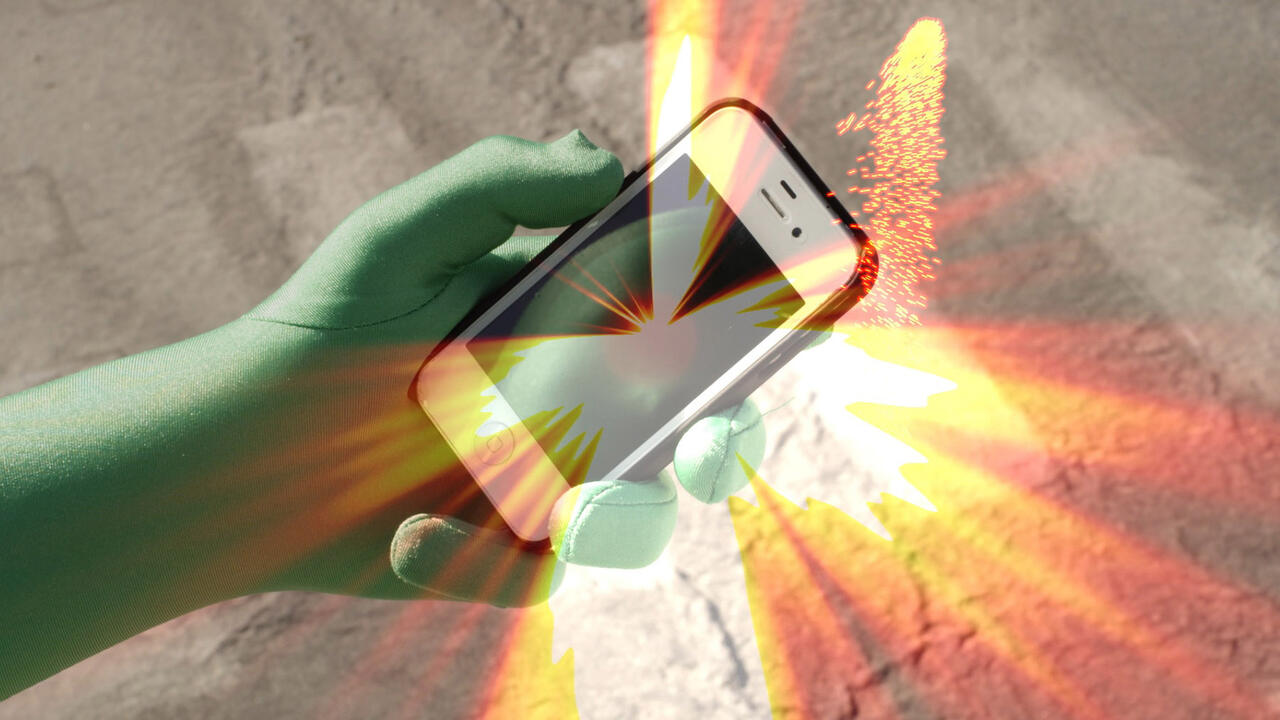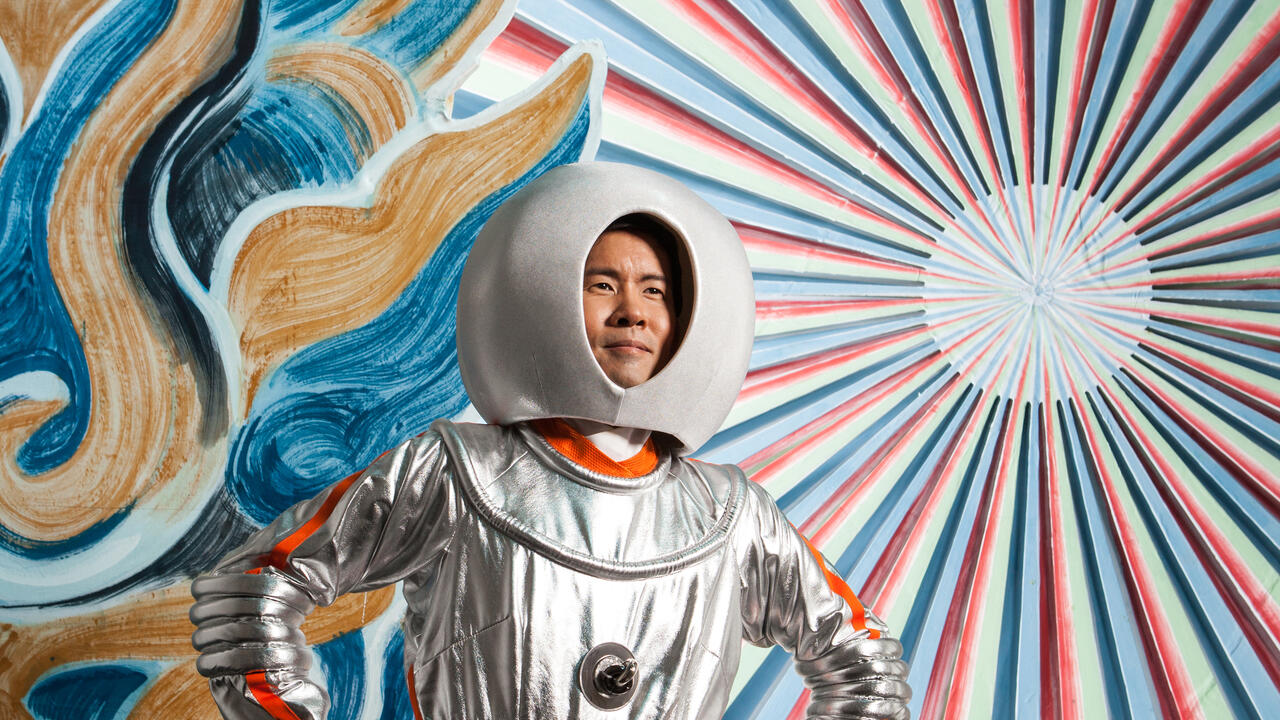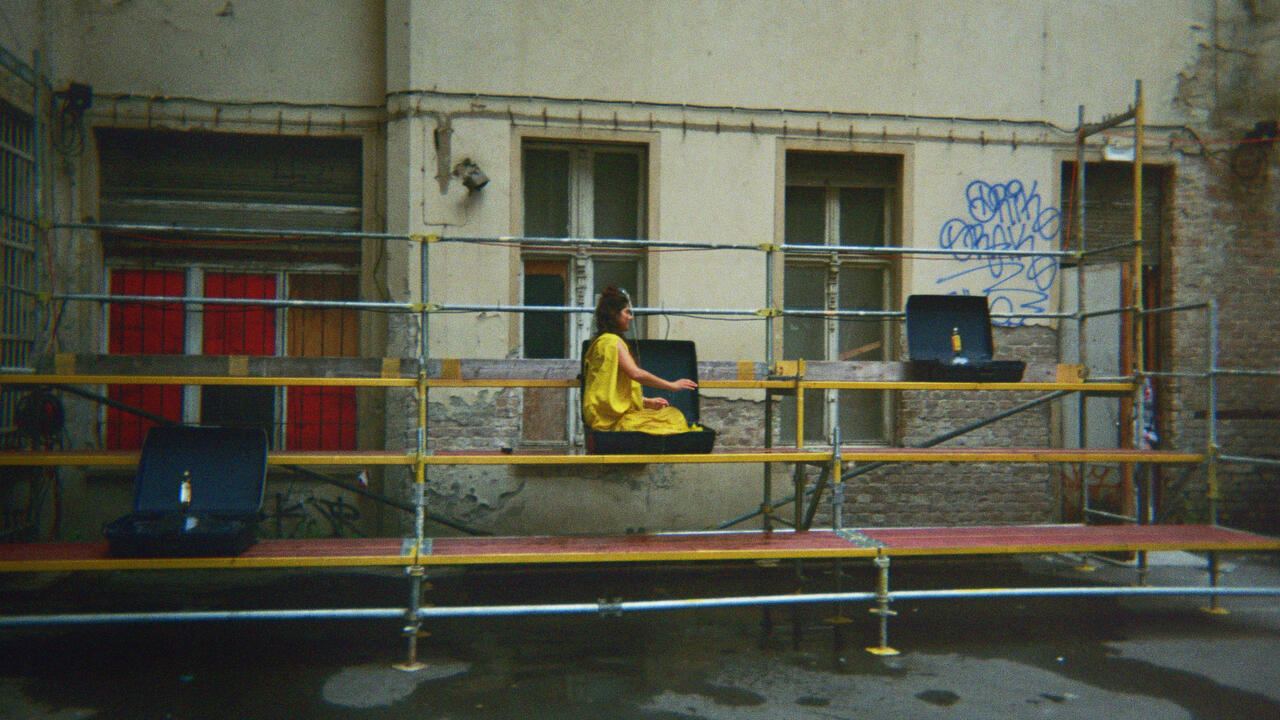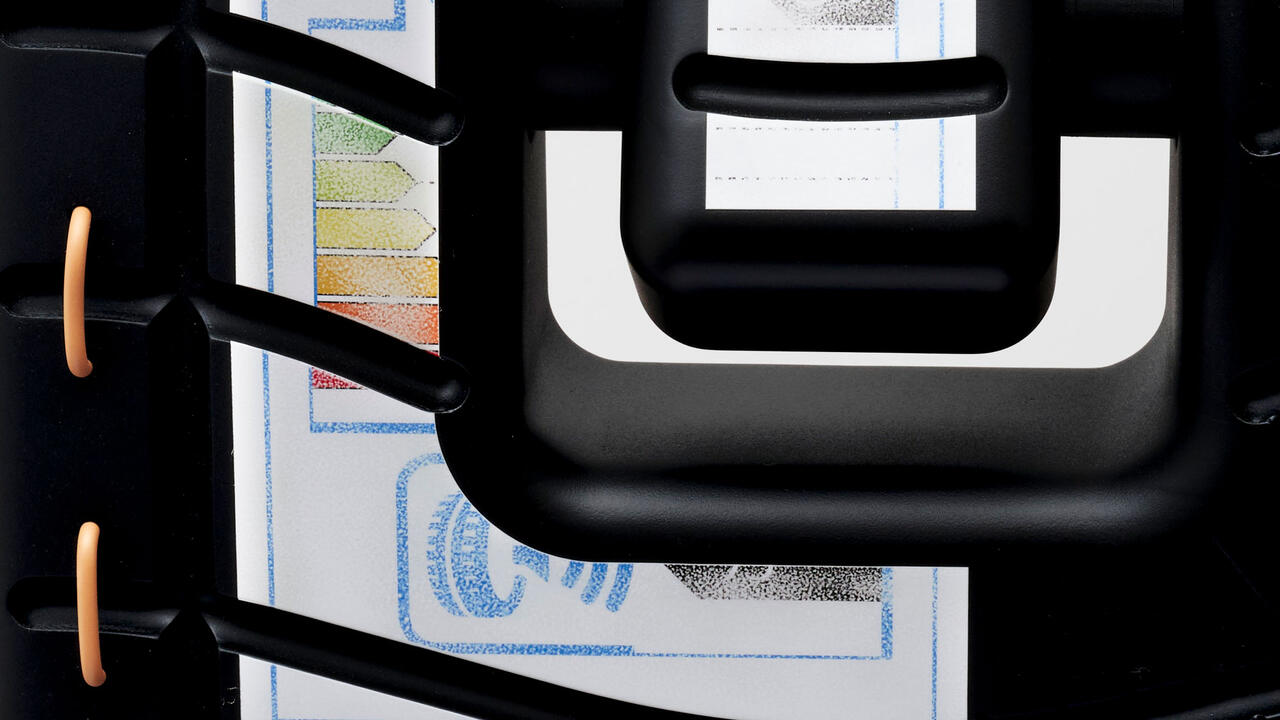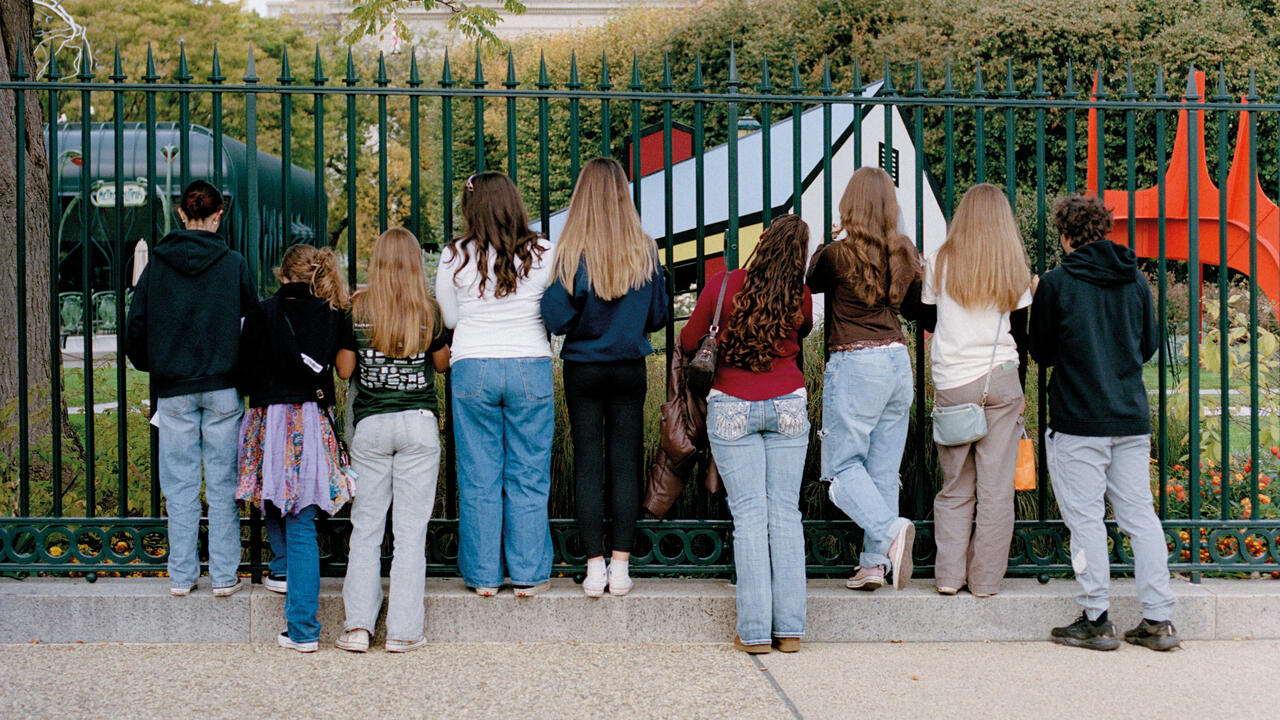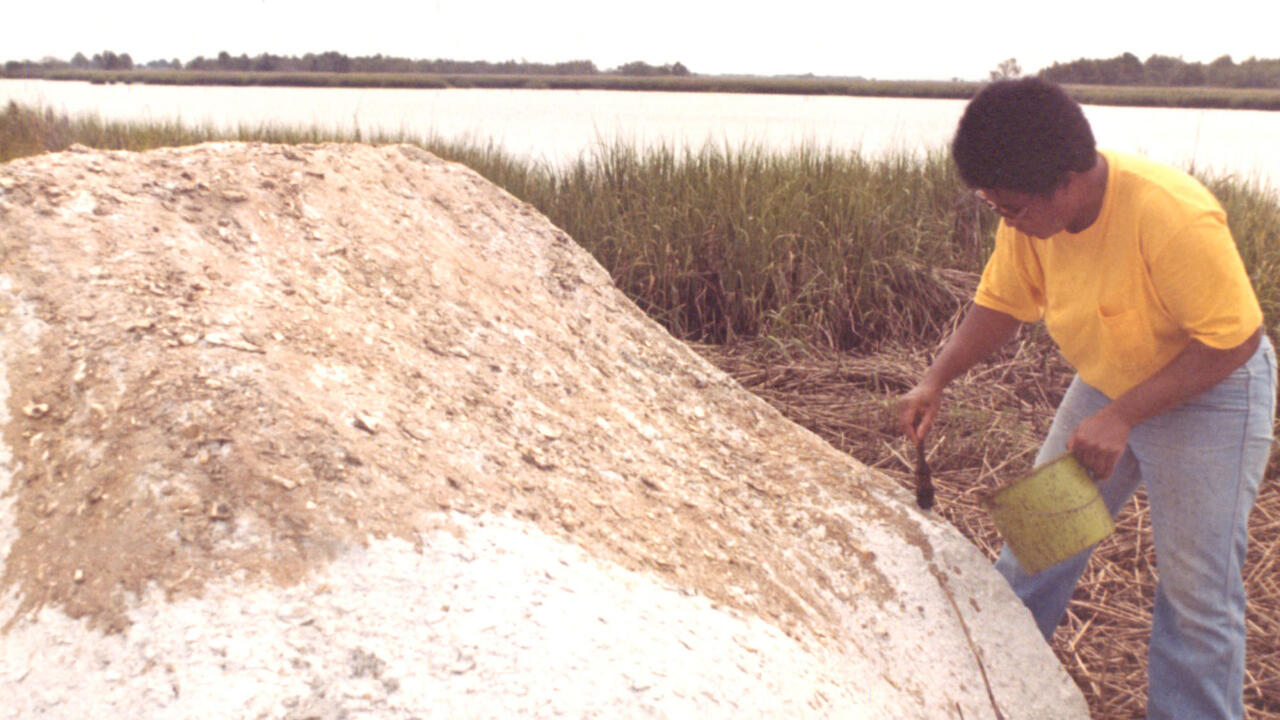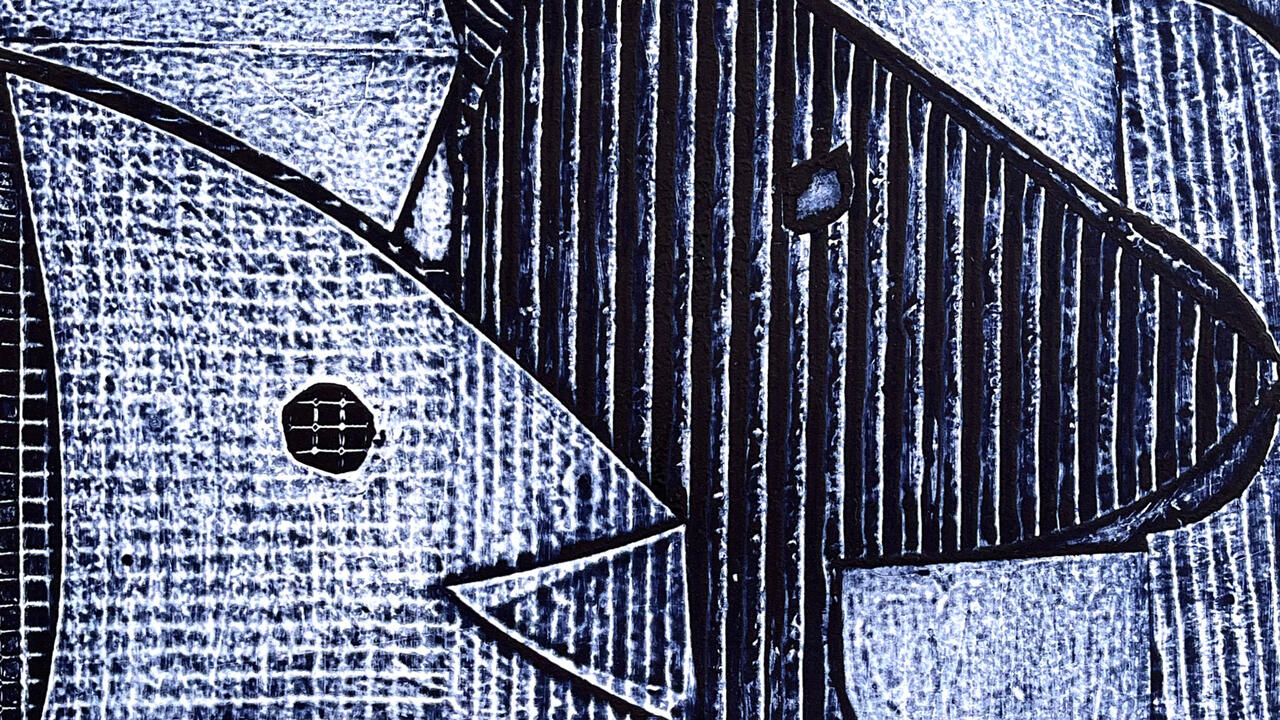How Catalan writers & artists are reacting to calls for independence
What impact has the repressive offensive against demands for independence had on the Catalan cultural scene?
What impact has the repressive offensive against demands for independence had on the Catalan cultural scene?

The best-selling author Jordi Puntí said in a recent interview that he finds it difficult to concentrate these days: ‘There comes a time when history speaks to you directly and you have to decide whether it affects you or not.’ Puntí’s confession accurately describes what many Catalan writers and artists are presently experiencing as they edgily scour the mainstream and social media for the latest on Spain’s repressive offensive against Catalonia’s demands for independence.

The impossibility of resolving matters with a mutually agreed Scottish- or Quebec-style referendum – actively and passively denied by the Spanish government – has ended in deadlock for the foreseeable long term, with Prime Minister Mariano Rajoy calling on the sacrosanct ‘indissoluble unity of the Spanish Nation, the common and indivisible homeland of all Spaniards’ (Article 2 of the Spanish Constitution, 1978), while Catalan political players are convinced that independence is the only way to conserve self-government, language and culture in the face of Madrid’s centralizing thrust. The fact that the Spanish government has assumed direct control of Catalonia and called for Catalan elections in December only aggravates the impasse, especially with some polls showing that, as in the 2015 election, pro-independence parties will probably gain the votes needed to form a minority government.
The present phase, dating back to 2010, in what is actually a centuries-old conflict, boiled over on 20 September when the Guardia Civil raided Catalan government premises in an attempt to stop the ‘illegal’ referendum which was to be held on 1 October. That day they arrested 14 people. Citizens took to the streets and almost all major Catalan cultural institutions were represented. Letters condemning ‘any action preventing the full and free exercise of democratic rights’ were published by the Barcelona Museum of Contemporary Art (MACBA), the Centre of Contemporary Culture of Barcelona, the Miró Foundation, and the Primavera Sound music festival, among others. Manifestos were read in theatres and that night, at the performance of Rossini’s Il viaggio a Reims in the Liceu opera house, occupants of the boxes shouted for independence.

In the week before the referendum the sweeping police operation to ban it included raids on newspaper offices, requiring journalists to identify themselves, and closing down 140 government and private websites posting material or information about the referendum. Catalan mayors in favour of the referendum – more than 700 out of 948 municipalities – were served with summons, mail was confiscated, and warehouses and printers’ premises were searched for ballot boxes and papers. Unable to ‘dismantle’ the referendum (organized by a clandestine network of thousands of volunteers avoiding phone calls and messaging apps), the police resorted to violence; images of which shocked people around the world. 10,000 anti-riot police were mobilized from all over Spain. They charged against peaceful voters, injuring more than a thousand people. But not even this could prevent 2.3 million votes being cast, 90% in favour of independence, with 42% of the census represented, amidst scenes of police violence reminiscent of the Franco dictatorship.
Ever since, Catalonia has been on tenterhooks, with a general strike and a series of demonstrations, waiting for international mediation which is not forthcoming. A declaration of independence was made and immediately suspended in the hope of dialogue but the subsequent ‘preventive’ custody, pending an investigation for alleged sedition, of two civic leaders advocating independence by peaceful means has, it would seem, put paid to any negotiation. Neither would the status quo of the last few years appear to be possible any more after the Catalan Parliament finally declared a phantom independence, and the Rajoy government swiftly invoked the controversial Article 155 of the Constitution to suspend Catalonia’s powers as an autonomous region, replace the elected government, and call for elections in December.

The present unease has brought about a decline in every area of cultural consumption. There are no figures available as yet but the Catalan Publishers Association and other such professional groups are calling people to come back to bookshops, theatres and cinemas.
Barcelona has been the capital of the Spanish publishing industry for decades but this could change with independence, especially since the sprawling Planeta Group has warned that it would move its headquarters to Madrid. Although it looks more like a transfer of the registered office than a real exit – since there are no announcements that editorial staff will be moved or installations changed – if Planeta goes, other Spanish-language publishers could follow. Yet most writers living in Barcelona won’t be leaving. More than 700 of them supported the referendum on 1 October, declaring in a manifesto that the Rajoy government’s ‘hyperbolic, out-of-touch’ response ‘with its histrionic hyperlegalism and moth-eaten supremacist stance’ has stymied any chance of dialogue.

The attack on the referendum has also given rise to remarkable moments in theatre at the state level. The Catalan director Àlex Rigola – who, after years of being director of the theatre section at the Venice Biennale was appointed in 2016 as director of Teatros del Canal in Madrid – handed in his resignation the day after the referendum, stating that he could not work for a government that resorts to ‘brutal violence against citizens’. In his resignation letter he noted that he was not a supporter of either independence or the referendum but the arrests of 20 September had pushed him to vote and, still more, the attacks on the polling stations obliged him to hand in his notice: ‘An artist must be consistent, in real life as well as on the stage.’ He was not alone. Leading figures of the Madrid theatre scene, including Willy Toledo and Alberto San Juan, spoke out in favour of the victims. The latter, a well-known figure of the anti-austerity Indignados movement said, ‘The state has opted for the most brutal authoritarianism to stifle political debate.’
Among musicians, most leading Catalan groups have taken the side of the ‘process’ movement (towards independence), for example with protest T-shirts (like the group Manel) or performing free of charge at pro-referendum events (like Mishima). Also opposing the ‘paramilitary’ violence are Spanish music stars, including Manolo García and Love of Lesbian which, with gigs all around Spain, know they risk being boycotted. In this David-and-Goliath situation, they have taken the side of the people of Catalonia, apparently weak in the face of state repression but strong in solid grassroots organization.

A Catalan republic would bring about significant changes for the art scene, because budgets decided in Barcelona and not Madrid would be more advantageous for Catalan institutions, which have been subjected to budgetary throttling for several years. For example, Pepe Serra, director of the National Art Museum of Catalonia, explained some weeks ago that every year Spain contributes 800,000 Euros less than it is supposed to into the museum budget, which means that new acquisitions are out of the question, although the Prado and the Reina Sofía in Madrid continue to purchase new works. Economists like Lluís Bonet predict that public spending on culture would increase with independence because of ‘the need to reinforce social cohesion, involve all cultural agents, and explain the country in the international sphere.’ There would be also greater leeway for cutting taxes and bringing in a hitherto non-existent Art Patronage Law, offering tax deductions to private sponsors of the arts.
Independence, however, also conjures up fears, both real and imagined. The French collector Philippe Méaille claims that, on grounds of ‘security’ owing to the ‘political instability of Catalonia’, he will withdraw the 800 works of the Art & Language collective which he ceded to the MACBA in 2010. The MACBA has responded that his ‘fears’ bear ‘no relation whatsoever to reality’. Indeed, it transpires that, even while the MACBA was carrying out restoration work on the collection free of charge, Méaille was planning to move it to the Château de Montsoreau, the new museum of contemporary art which he now heads.

Finally, independence would mean that many artistic and heritage collections would be split between Catalonia and Spain. One of the more interesting cases is that of Salvador Dalí who controversially willed his whole collection to the Spanish state, naming it ‘universal heir’ when he died in 1989. The chances that the Gala-Salvador Dalí Foundation might move its present Figueres headquarters are very remote. Moreover, the director of the Dalí Theatre-Museum, Antoni Pitxot, has said that no change is envisaged should independence be achieved, and that it would be ‘mean’ to suggest that the museum’s collection would have to be broken up.
Let’s see what happens. Surrealism never totally died in Spain. Just as the still-moustachioed corpse of Salvador Dalí was exhumed this summer to settle a paternity claim, there may yet be another twist to the story.
Translated by Julie Wark
Main image: Protests in Barcelona, 20 September 2017. Courtesy: Flickr; photograph: Toshiko Sakurai








